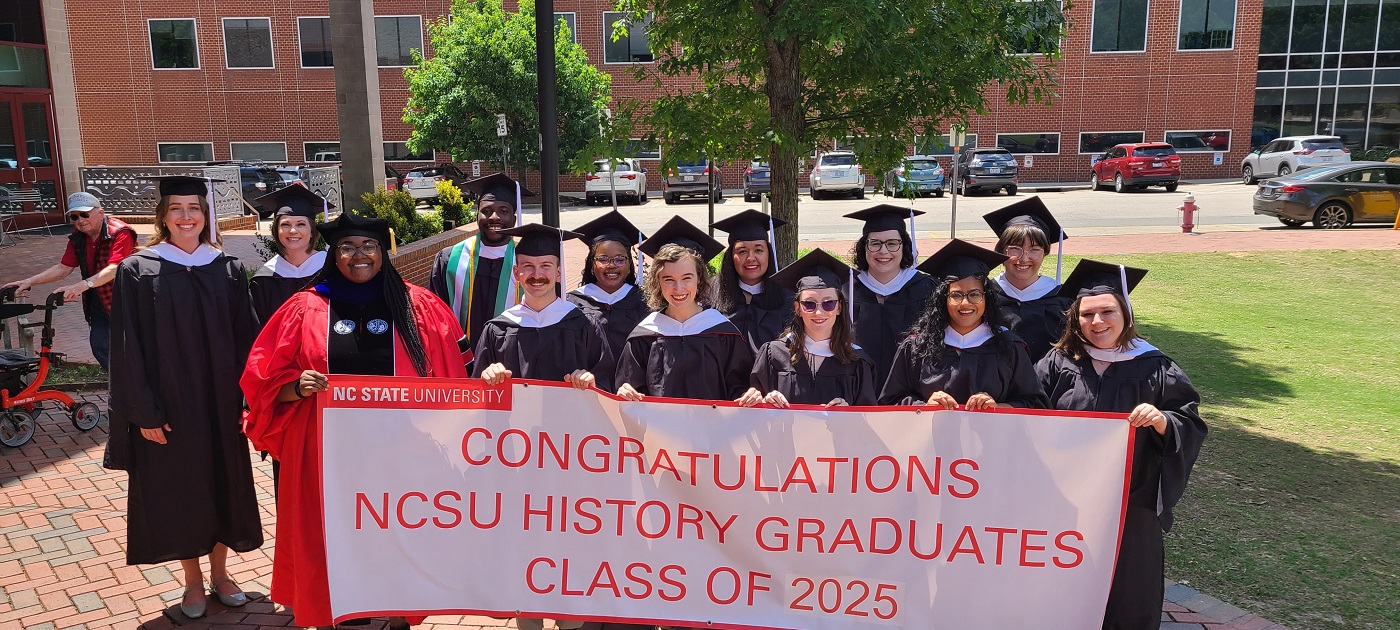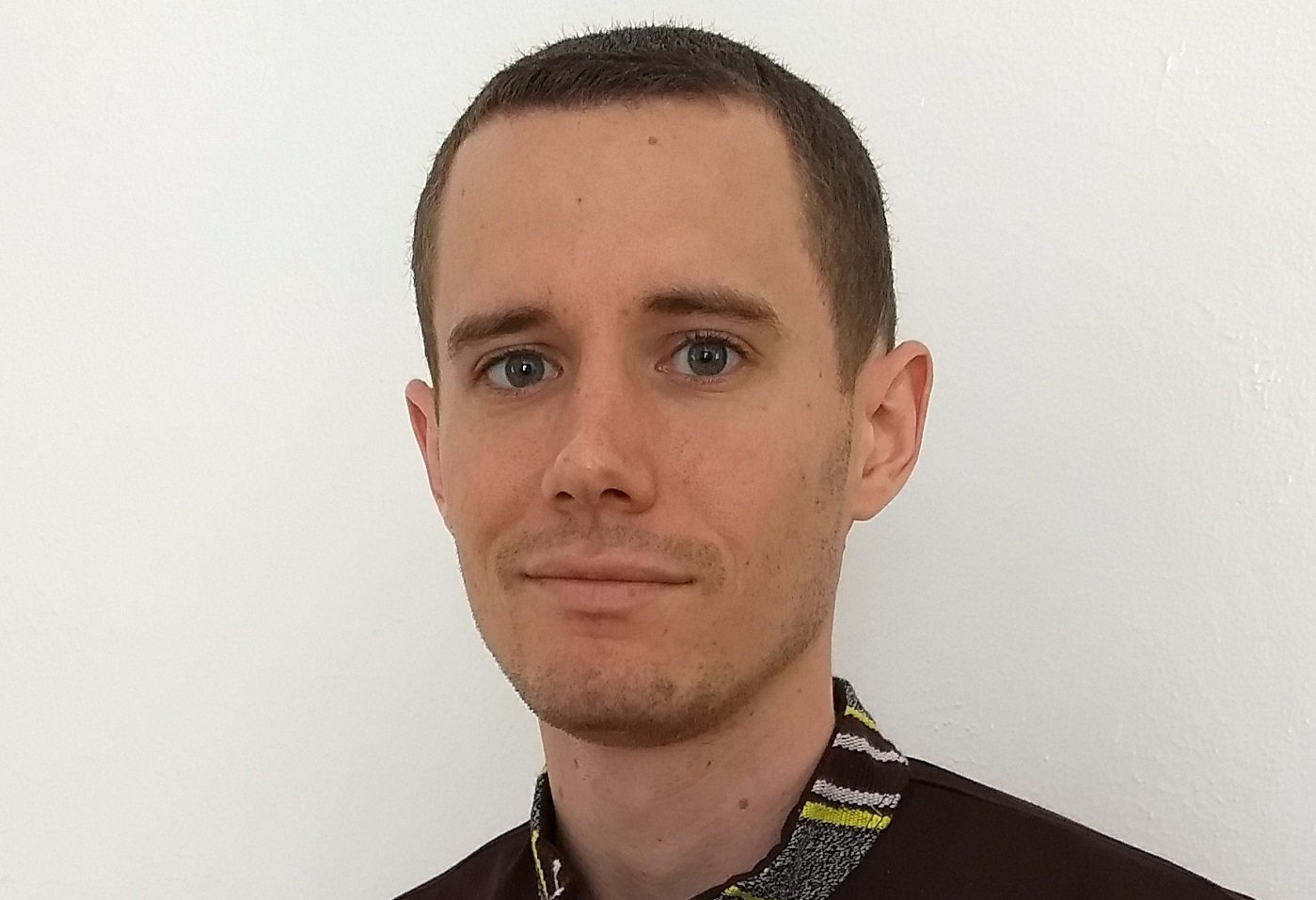The 2018 Cistercian and Monastic Studies Conference – A Student’s Perspective
Studying modern monastic history as a part time graduate student at NC State can be a lonely business. But thanks to the largess of the History Department, I found my tribe at the 2018 Cistercian and Monastic Studies Conference where many academics shared my interests. This conference is part of the larger International Congress on Medieval Studies at Kalamazoo, Michigan where 2,800 academics from around the world congregated from May 10 through May 13. The Cistercian and Monastic Studies Conference is a comparatively small enclave within the larger gathering. At it there were only 40 presenters, but they were similarly international with scholars from England, Spain, Germany, Austria and New Zealand as well as from institutions around the United States ranging from Harvard and Dartmouth to Grand Valley State and Biola University. A few erudite nuns and monks also made presentations, as did a number of independent scholars. While the focus was on medieval monastic life, that time period was not exclusive. There was, for example, a presentation on the use for recruitment purposes of eighteenth-century monastic theatricals concerning Bernard of Clairvaux. I was introduced to two modern monastic scholars, an Austrian monk and a professor from Munich, and with them began laying plans for a panel next year relating to modern monastic revivals in the seventeenth and nineteenth centuries.
Being a conference on monastic studies, there were welcome touches of monastic life associated with it. Following each day’s presentation, a Cistercian monk led a Vespers service for those interested in joining. At the conclusion of the conference dinner on Saturday night, the Salve Regina was sung by those in attendance who had memorized the Latin verses (and that seemed like most of the room), much to the delight of the rest of us.
I look forward to returning.
Jay Butler is a part-time History MA student who also practices law. He graduated from UNCG (History major, French minor) and Harvard Law School. He hopes to leave law practice behind in a few years and continue to research, write and perhaps teach about monastic history. Butler’s primary area of study is nineteenth-century French monastic history. The theme of his thesis is the revival of monastic life in France following the fall of Napoleon as exemplified at the Trappist (men’s) monastery of Melleray and the Trappistine (women’s) monastery of Notre Dame des Gardes.
- Categories:



